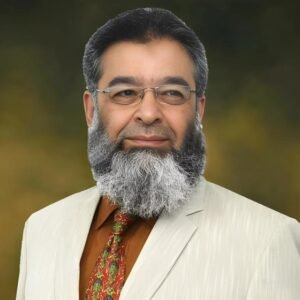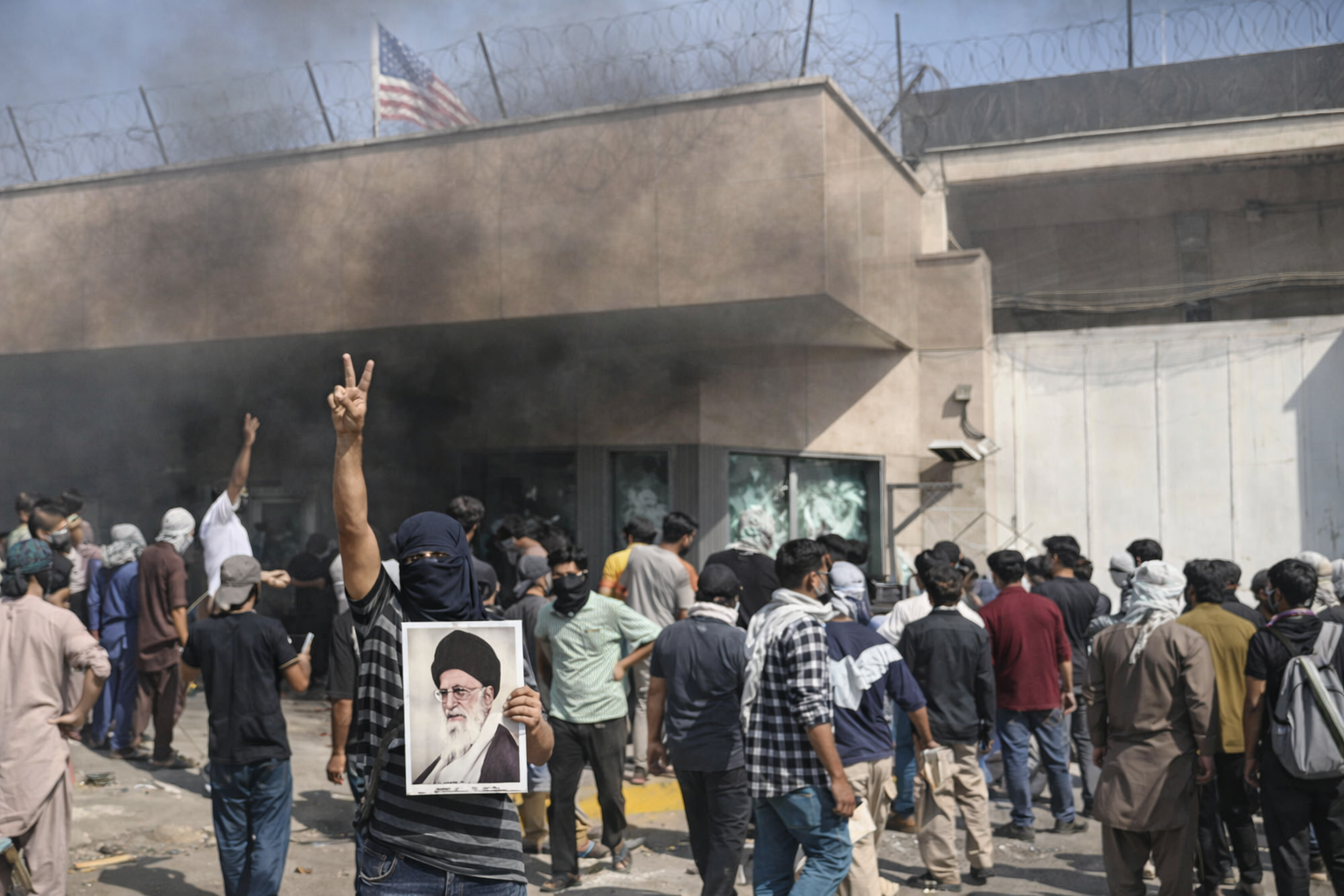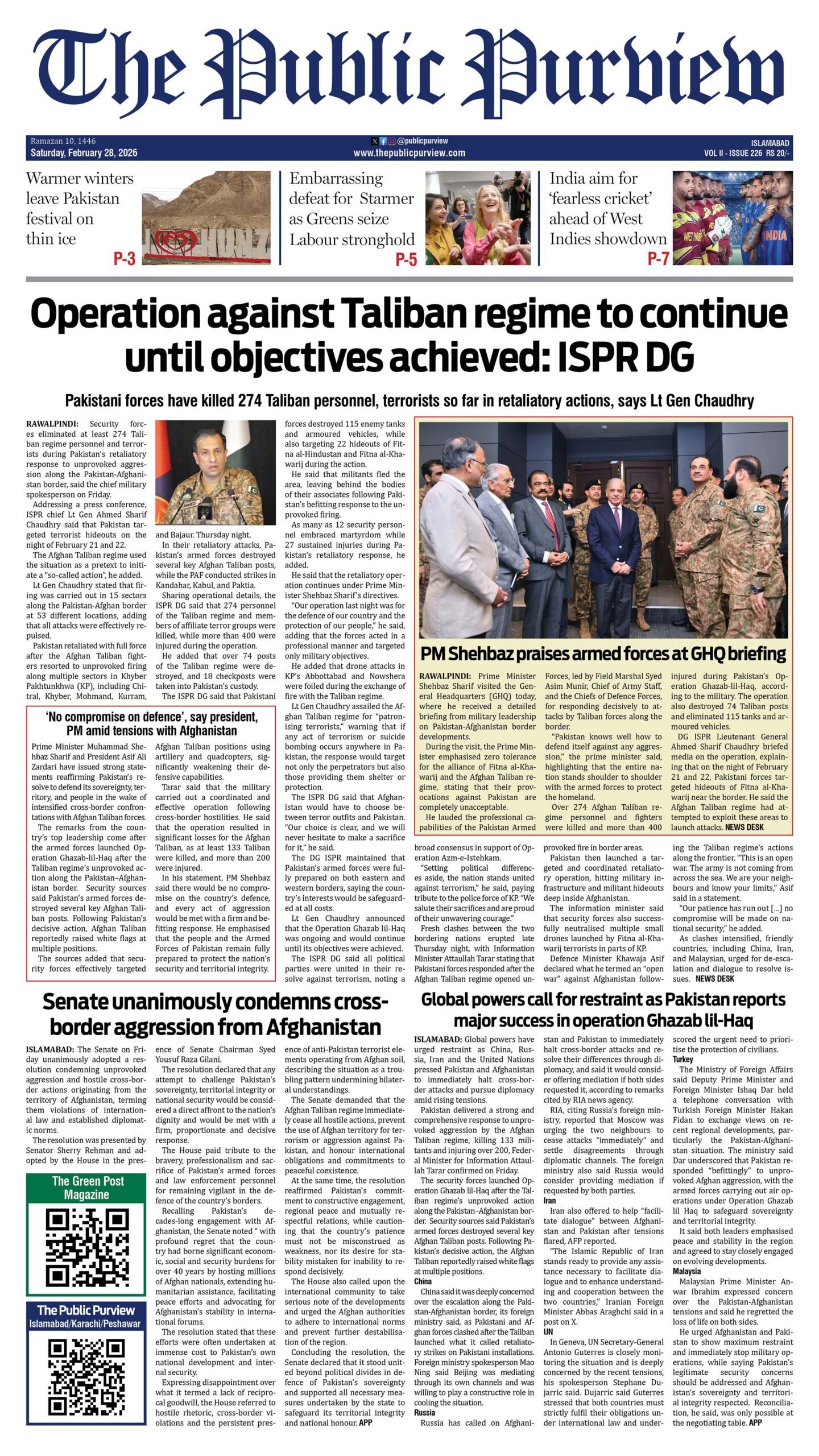
It has become a tragic norm of our times that newspapers and television screens often bring forth heart-wrenching reports — a husband and wife taking their own lives after poisoning their children due to poverty, a student committing suicide after failing an examination and being reprimanded by parents, or a young soul ending life over the pain of unfulfilled love. These stories, repeated with haunting regularity, shake the conscience of every sensitive heart. Yet beyond the grief they evoke lies a deeper question — what drives a human being to destroy the most precious gift granted by the Creator, life itself?
The tragedy does not remain confined to the poor or the helpless. Occasionally, we hear that a senior officer, a person of responsibility and influence, has taken his own life. In other cases, wealthy individuals — people who seemingly have everything the world can offer — end their journey in the same way. The question thus arises: if neither poverty nor material deprivation is the sole cause, what compels such people toward this irreversible act? The answer lies buried within the complex chambers of the human mind — in psychological despair, emotional isolation, and spiritual emptiness.
Psychologists describe suicide as the final act of hopelessness, when a person perceives that no door remains open, no light remains visible, and no one will understand their pain. Sometimes it is triggered by depression, trauma, guilt, or the unbearable weight of expectations. For those bearing heavy responsibilities—whether maintaining law and order, managing civil administration, or leading institutions—the stress of duty, moral dilemmas, or fear of failure can drive them to the brink. For others, particularly the wealthy and powerful, it is the solitude of the soul—an emptiness that neither riches nor fame can
History is filled with examples of extraordinary people who chose to end their own lives. The world still remembers Adolf Hitler, the German dictator whose name became synonymous with war and destruction. As the Third Reich crumbled in 1945, Hitler took refuge in his Berlin bunker and ultimately committed suicide rather than surrender. His death, though historically significant, reflected the psychological collapse of a man who could no longer face the consequences of his actions. Similarly, celebrated figures like the brilliant American writer Ernest Hemingway, who won the Nobel Prize for Literature, ended his life with his own shotgun.
The famous actress Marilyn Monroe was found dead under mysterious circumstances, officially declared a suicide. Japanese author Yukio Mishima, admired worldwide for his literary genius, chose a ritual suicide to express his despair over moral decline in his country. In the world of business, several billionaires have done the same, despite possessing fortunes that could have sustained generations. These examples reflect that suicide is not confined to a class or culture — it is a universal cry of the human soul when faith, purpose, and hope are lost.
However, another grim dimension also exists in many cases reported as “suicides.” There have been instances where, after detailed investigation, it was revealed that the deceased did not take their own life but were murdered and the crime was staged as suicide. In political circles, intelligence agencies, and even among influential business figures, such cases have been uncovered worldwide. A hastily written note, a gun by the side, or a carefully arranged scene can disguise a calculated killing as self-destruction.
These revelations remind us that not every reported suicide is an act of despair — some are stories of betrayal, deceit, and deliberate concealment. The truth, often, dies with them. Society tends to speculate, but seldom pauses to reflect upon the need for compassion, counseling, and spiritual guidance — elements that could have saved those lives.
Whether genuine or fabricated, each such incident demands a deeper societal reflection. We live in an age where outward success often masks inner turmoil. People fear judgment more than they seek help. Emotional isolation, the breakdown of family communication, and the erosion of spiritual grounding have made the modern soul fragile. When the storms of life strike, many find no anchor in faith or fellowship.
From the Islamic perspective, the act of suicide is not merely a social or psychological issue but a grave moral and spiritual transgression. Life is a sacred trust bestowed by Allah, and no one has the authority to end it except Him. The Holy Qur’an clearly warns, “And do not kill yourselves. Indeed, Allah is to you ever Merciful” (Surah An-Nisa, 4:29). This verse establishes a fundamental principle: even in the darkest moments, a believer must not lose hope in the mercy of Allah.
The Holy Prophet Muhammad (peace be upon him) also gave severe warnings regarding suicide. In a hadith narrated by Abu Huraira (RA), the Prophet (PBUH) said, “Whoever purposely throws himself from a mountain and kills himself, will be in the (Hell) Fire falling down into it and abiding therein perpetually forever; and whoever drinks poison and kills himself with it, he will be carrying his poison in his hand and drinking it in the (Hell) Fire wherein he will abide eternally forever; and whoever kills himself with an iron weapon, will be carrying that weapon in his hand and stabbing his `Abdomen with it in the (Hell) Fire wherein he will abide eternally forever.” (Sahih Bukhari, Hadith 5778).
These words underline the magnitude of the act — it is not a solution, but a sin that destroys both worlds.
Yet, Islam also recognizes the immense burden of human suffering. It does not merely condemn the act but seeks to heal the pain that leads to it. The Qur’an repeatedly reminds mankind that despair is the whisper of Satan: “Do not despair of the mercy of Allah; indeed, Allah forgives all sins” (Surah Az-Zumar, 39:53). Through prayer, patience, and faith, the believer is instructed to face trials with resilience, knowing that ease follows hardship.
The modern world, however, has become increasingly disconnected from these spiritual anchors. In pursuit of material success, man has forgotten the nourishment of the soul. The absence of faith and the weakening of family and community bonds have left many isolated. When pain arises, there is no one to listen, and when failure comes, there is no faith to sustain. The result is a society full of restless hearts, where suicide appears as an escape rather than a defeat of hope.
It is therefore essential that families, religious scholars, educators, and policymakers understand this challenge not only in psychological terms but in moral and spiritual dimensions as well. Mental health facilities and counseling centers must be strengthened, but alongside them, the revival of faith, the sense of belonging, and the habit of mutual empathy must be restored.
Suicide is not the end of suffering — it is the beginning of an eternal loss. The real courage lies in facing life’s trials, seeking help, and trusting in the mercy of Allah. As the Prophet (PBUH) said, “The strong one is not the one who overcomes others in wrestling, but the one who controls himself in the time of anger and hardship.” May we learn to heal our wounds with faith and compassion, and may no one among us ever lose sight of the light that Allah has placed within every soul.
Read more expert opinions on diverse topics here: https://thepublicpurview.com/category/blog/opinion-news/
For climate-related stories, visit: The Green Post







 Today's E-Paper
Today's E-Paper